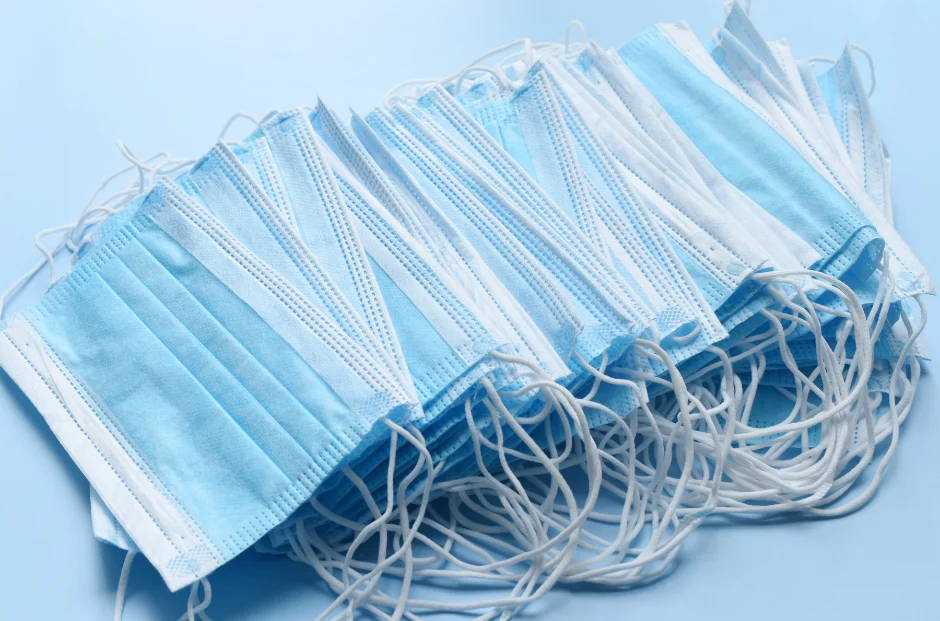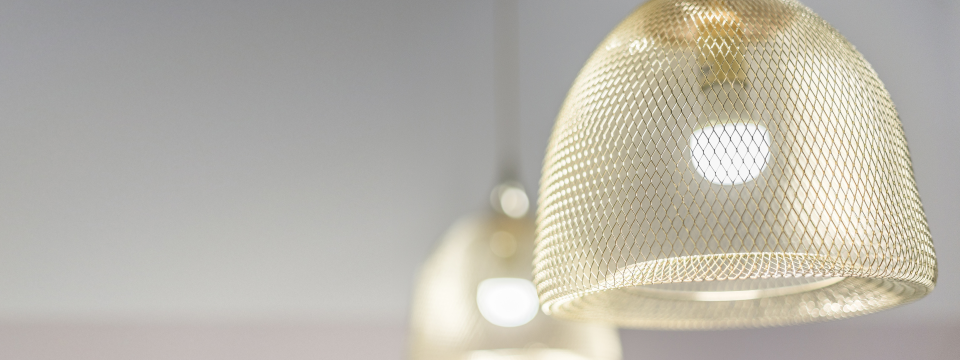What Are The Most Successful Import Businesses In Australia?
October 28, 2022 Uncategorized

You may be looking to start an import business but aren’t sure which industry succeeds in the local market. You may have wanted to run your own business for some time, or you might just have an idea burning into your head. There is a range of strong import industries in Australia to explore, and they can provide great foundations from which your business can potentially grow.
If you’re looking to start your own import business, you’ve come to the right place. Below, we’ll provide an overview of successful import markets in Australia. We’ve divided this into two sections; the products we import, and the industries that rely on imports. There’s plenty of room in these markets to take advantage of commercial opportunities, so it’s always important to conduct your market research prior to starting your company.
Prior to reading on, we suggest you gain an insight into Australia’s top 10 imports and exports by reading our blog on the subject.
Starting an import business – What products should I sell?
If you’re thinking about opening a business that will sell imported goods to customers, there are many industries you can consider. It’s a good idea to think about what products are high in demand in Australia, formulate your own target market accordingly and source those goods from overseas.
Computers and electronic goods
Australians love electronics– from computers, phones, or accessories. This is compounded by Australia’s demand for the ‘cloud’ and cloud-based products, with recent ABS statistics indicating that the appetite within Australia for public cloud services keeps growing.
It’s no surprise then that, in 2019, machinery including computers was Australia’s number one import (constituting 14.3 percent of total Aussie imports). Within that category, computers and optical readers (such as smartphones) outperformed the others by far.
There is a range of local Australian businesses that have taken advantage of this trend. The Cellnet Group, for instance, was established in the early 1990s, listed itself on the Australian Stock Exchange in 1999 and is now a leading distributor of mobile accessories importing goods from overseas.

Heavy machinery
The Australian construction machinery market is expected to grow throughout the early 2020s, with increased infrastructure development expected to drive this growth. Despite some sluggish growth due to falling construction activity, heavy machinery was listed as one of Australia’s highest imports in 2019.
The focus in this industry will very much be innovation, with digitisation and autonomous technology the key to success in this market. By way of example, Toyota and Hitachi have embarked on the development of an ‘internet of things’ platform for the construction machinery industry.
Medical equipment and medicine
About 80 percent of medical devices used in Australia are imported, according to international medical device consultancy Emergo. Whilst the low Australian dollar is impacting this industry’s growth, it’s expected to stabilise due to Australia’s aging population and eagerness to innovate. Electro-medical equipment was one of Australia’s top 10 imported products in 2019, accounting for US$2.2 billion in imports.
It’s not just medical equipment that’s in high demand. Packaged medicaments, as well as blood fractions, enjoys high demand in Australia as well. Due to the impact of COVID-19, there’s also now unprecedented demand for very particular medical goods including face masks and hand sanitizer.

Bydand Medical is a local Australian family-owned business based in Sydney that is currently taking advantage of Australia’s strong demand for imported healthcare products. Marketing themselves as an “importer and wholesaler of precision medical instruments and related products”, they offer goods such as medical surgical instruments and wound closure products imported from Germany, India, Belgium, Pakistan, the U.S. and Indonesia.
Cars
Car manufacturing in Australia is virtually non-existent now, with Holden ceasing domestic production in 2017 and then completely leaving Australia in early 2020.
Despite this, we continue to have demand for cars sourced from overseas. In 2019, vehicles were Australia’s third-largest import (forming 12.5 percent of all imports) with cars, trucks and automobile parts/accessories forming the top three within that category.
In most recent years, CarsGuide noted that whilst demand overall in Australia has fallen, this is not the same when looking at cars sold per capita. The top-selling cars have been Toyota, Mazda, Honda and Hyundai, and they’ve mainly been SUVs and light-commercial vehicles.
Ensure that, if you’re starting a car import business, that you follow the eight steps noted by the Department of Infrastructure, Transport, Regional Development and Communications.
Coffee
Life would not be the same without an empowering cup of coffee in the morning.
According to market research company McCrindle, three-quarters of Australians have at least one cup of coffee a day. Further, according to Commodity, coffee proves to be Australia’s fourth-largest commodity import (behind refined petroleum, crude petroleum and gold).
Australian companies get their coffee beans from all over the world including from Ethiopia, Indonesia, Columbia, India and Vietnam. Ethiopia is home to the very popular Arabica coffee.
Cofi-Com Trading is one of Australia’s largest importers of coffee, importing the tasty beverage from around the world including India, Vietnam, Mexico, Papua New Guinea, Tanzania, Kenya, Haiti, Jamaica and more. They then deliver the coffee throughout Australia and are based from their head office in West Ryde, Sydney and laboratory in Huntingwood.

Starting an import business – What industry should I enter?
Maybe you’re not set on selling any particular product. Maybe you’re more interested in entering an industry and selling a whole raft of products catering to multiple aspects of that industry. If that’s the case, you should consider which industries in Australia are reliant on imported goods.
Oil & gas
Mineral fuels form a huge part of Australian imports – mineral fuels including oil formed Australia’s second-largest import for 2019. This included process petroleum, crude oil, petroleum gases, tar pitch, coal, peat, petroleum jelly and more. Indeed, about 90 percent of our fuel supply is imported.
Most of our crude oil originates in the Middle East, being refined in South Korea, China and Singapore. It’s then shipped to Australia as diesel, petrol and aviation fuel – meaning you could supply industries such as transport, mining, shipping and aviation. According to James Prest’s Energy Change Institute of the Australian National University, we are the only country that is a member of the International Energy Agency that is a net oil importer.
Viva Energy Australia is one of Australia’s leading energy importers, taking advantage of the country’s position as a key oil and gas net importer. The company both produces goods locally from its Geelong Refinery, but also imports goods from overseas through the Vitol Group. Viva Energy Australia offers a wide range of goods such as petrol, aviation fuel, bitumen and very low sulphur fuel oil (VLSFO).
Construction
The construction industry relies heavily on imported goods, with heavy machinery (such as bulldozers, excavators, road rollers, trucks, tractors and trailers) and machinery parts forming a large portion of Australia’s imported goods in 2019.
The Australian Construction Industry Forum (ACIF) estimates that 60 percent of construction materials used in Australia are imported from overseas. Products like screws, nuts, bolts, iron, steel, valves and taps are largely imported from China. It’s estimated that around 20 percent of the total costs on a single construction are imported from China.
ATS Building Products is one of the companies in this industry, who specialise in importing building material, timber and wood products from suppliers in China, the U.S. and Europe.

Healthcare
Many of the tools and products in the Australian healthcare industry are imported. As noted above, around 80 percent of medical devices used in Australia are from overseas.
According to the U.S. International Trade Administration, demand for medical goods and healthcare services is expected to grow in Australia especially due to our aging population and increasing improvements in medical technology. Most recently, the Australian Government’s $170 million COVID-19 rescue package will provide significant opportunities for Australian businesses to import medical equipment and medicine. The package will coordinate flights from Australian cities to deliver fresh produce overseas, with return flights able to bring back medical equipment and medicines needed in Australia.
The Australian Financial Review commented that Australia is “dangerously dependent” on imported medicine, noting that we import over 90 per cent of our medicinal products. Most active ingredients are manufactured in China before being mixed together into medicine in a range of other countries. Most recently, Australian pharmacies have suffered shortages in critical medicines due to panic buying brought on by the coronavirus.
Fashion jewellery and precious metals
Jewellery stores rely heavily on imported goods, with gems and precious metals reaching the seventh-largest import in 2019. Australians love their jewellery, including necklaces, rings, bracelets, anklets, earrings and bangles. Athan Wholesalers, for example, has taken advantage of the niche market of Italian jewellery in Australia by importing chains and bracelets.
It’s important to follow the customs regulations pertaining to precious metals and jewellery enforced by the Department of Home Affairs, including the requirement for an import declaration if you are importing goods valued at more than AU$1,000.

The impact of COVID-19 on imports
Whilst the above-mentioned goods are largely imported, the impact of COVID-19 will present an unprecedented challenge for many import and export businesses.
Chinese lockdown laws largely disrupted Australian supply chains, whilst many Aussie businesses closed down due to government restrictions. Industries that traditionally have had strong demand for imports may see their priorities shift elsewhere.
Is there a ‘best’ import business or industry?
The short answer is ‘no’. As you explore the world of import and export businesses, you’ll realise that there are plenty of untapped opportunities in which to make your mark.
Every industry goes through peaks and troughs over the course of time.
The important thing is to research the industry and develop a passion for it. That way, you’ll be in a better position to identify and respond to market trends as you grow your import or export business.
For further information, please don’t hesitate to contact our specialists at International Cargo Express. With over 30 years of experience, we can help you import goods into Sydney, Melbourne, Brisbane, Perth or any part of Australia. Call us for an obligation-free discussion or request a quote below.
Request A Quoteor call us on 1300 227 461
Recommended For You

We Consult. We Plan. We Deliver.
- CONSULT – We discuss your specific needs.
- PLAN – We develop a bespoke tailored plan that is cost-effective & efficient.
- DELIVER – We manage your shipment and keep you updated from beginning to end.


